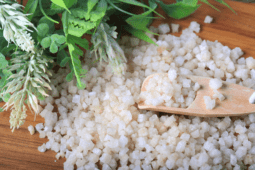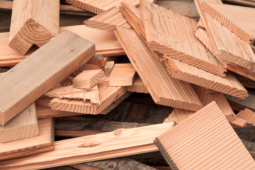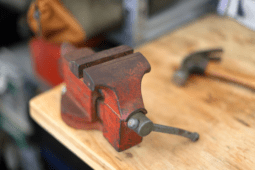The Benefits Of Using A Rain Barrel To Water Your Garden
Collecting rainwater has become an increasingly popular practice among gardeners and homeowners alike. Not only is it an eco-friendly way to conserve water, but it also provides a natural resource that can be used to nourish plants and gardens. One of the simplest ways to collect rainwater is by using a rain barrel.
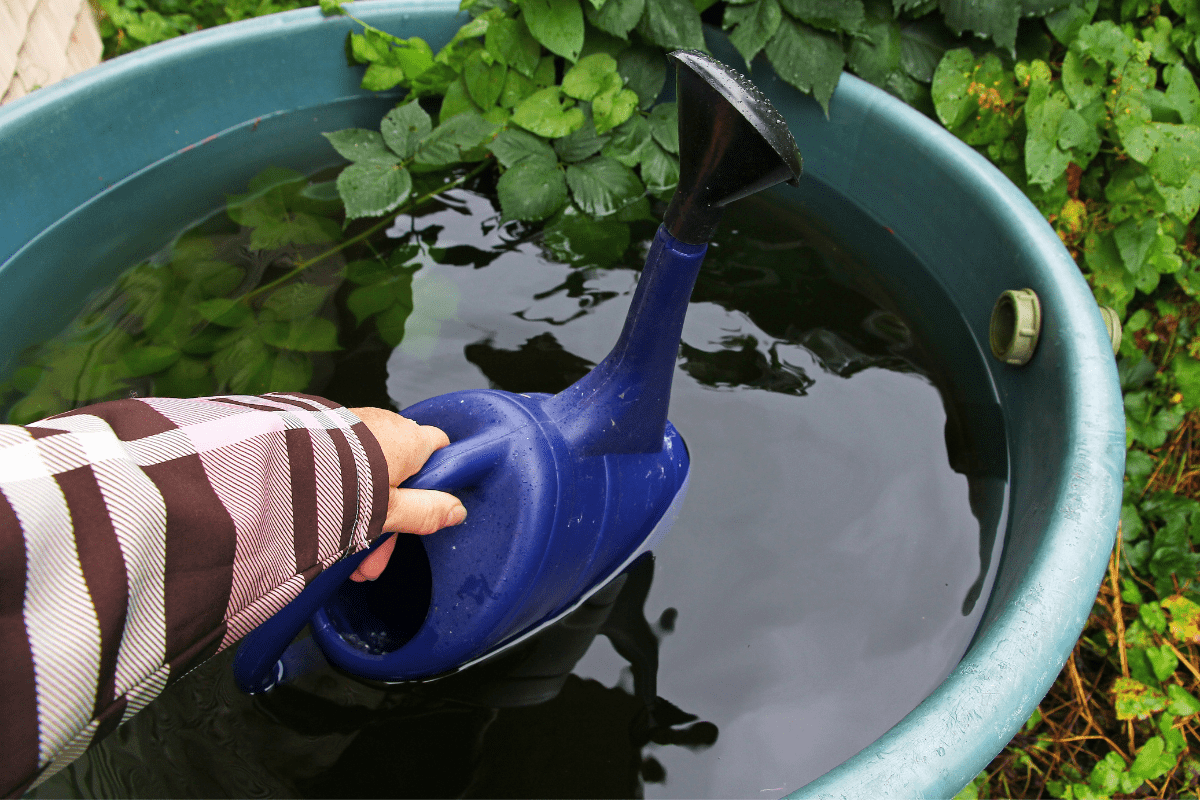
A rain barrel is a container that is placed under a downspout to collect rainwater from the roof of a house or building. This collected water can then be used for a variety of outdoor purposes, including watering plants and gardens, washing cars, and even filling swimming pools.
By utilizing a rain barrel to collect and store water, gardeners can reduce their reliance on municipal water supplies, save money on their water bills, and help to conserve a precious resource.
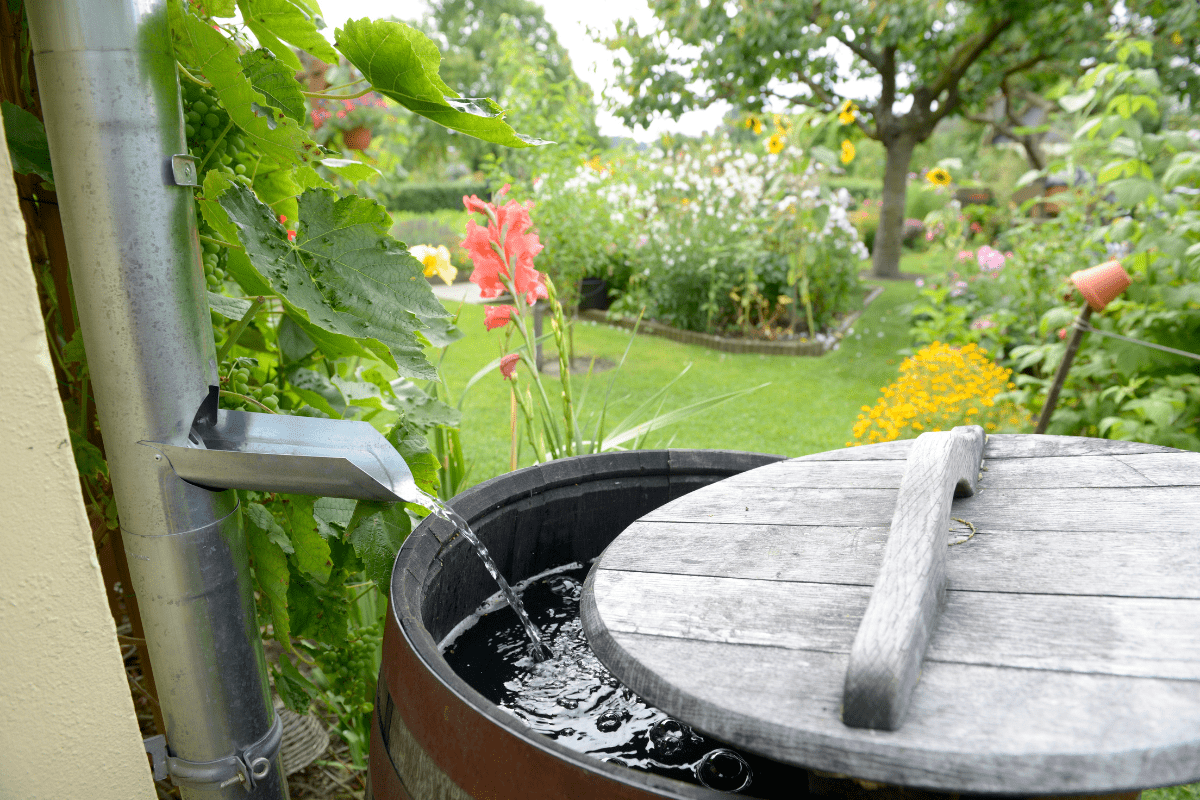
Let’s explore the benefits of using a rain barrel to collect water for your garden, the different types of rain barrels available, and how to properly maintain your rain barrel to ensure that it functions effectively. By the end of this article, you’ll be equipped with the knowledge and skills to start collecting rainwater and using it to grow a healthy and thriving garden.
Benefits of Rain Barrels
To begin, using a rain barrel can help you save money on your water bill. By collecting rainwater, you can use it to water your garden instead of relying on municipal water. This can help you save money on your water bill, especially during the dry season when water usage is high.
Secondly, using a rain barrel can help you conserve water. Water is a precious resource, and using it wisely is important. Collecting rainwater in a barrel for your garden means you are using water that would otherwise go to waste. This can help you conserve water and reduce your overall water usage.
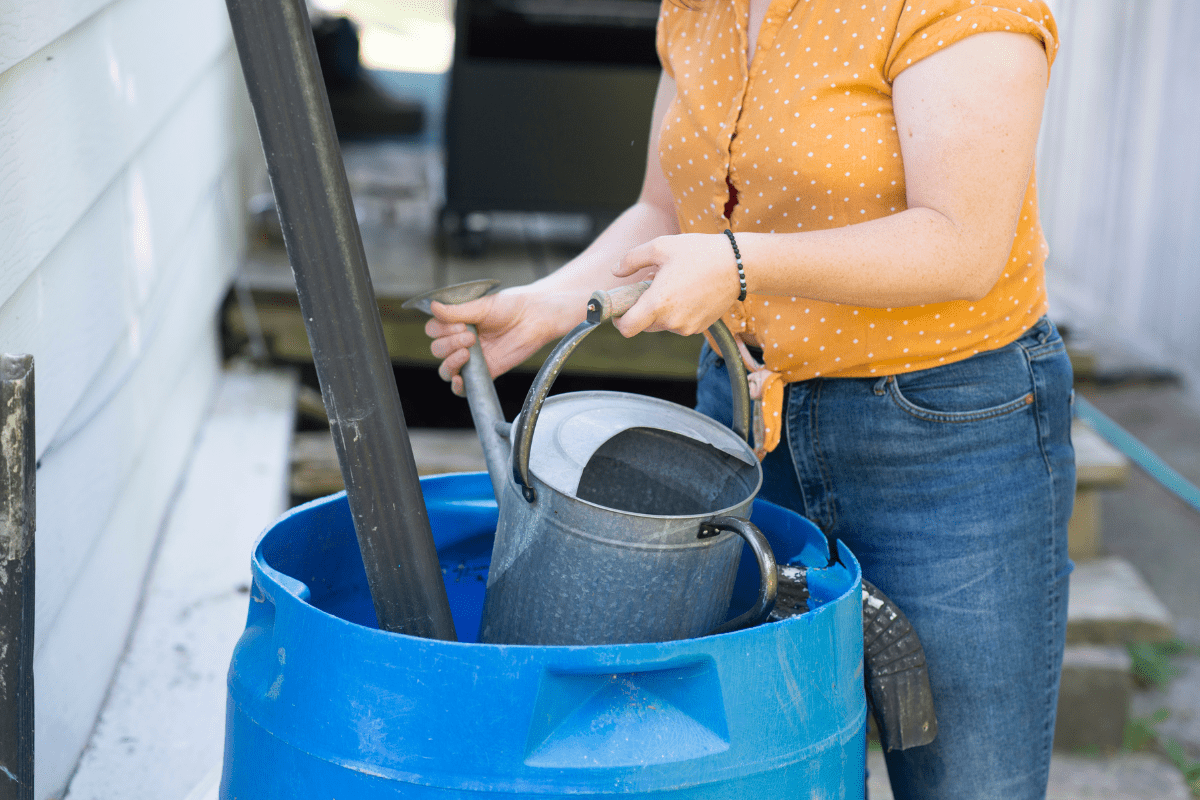
Also, using a rain barrel can help you improve your garden’s health. Rainwater is naturally soft and free of chemicals, making it an excellent choice for watering your garden. In contrast, municipal water often contains chlorine and other chemicals that can harm plants. By using rainwater, you can improve the health of your garden and help your plants thrive.
Using a rain barrel can help you reduce stormwater runoff. When it rains, water runs off your roof and into the storm drains. This water can carry pollutants, such as oil, fertilizers, and pesticides, into local waterways. By using a rain barrel, you can capture some of this water and reduce the amount of stormwater runoff in your area.
You can also help to reduce your carbon footprint. Municipal water systems require energy to pump and treat water, which contributes to greenhouse gas emissions. By using rainwater, you are reducing your reliance on municipal water and the associated carbon emissions.
Different Types of Rain Barrels
There are several types of rain barrels available on the market today, each with its own unique features and benefits. The most common types are plastic, metal, and wooden rain barrels.
Plastic rain barrels are the most affordable and widely available. They are lightweight, durable, and easy to install. They come in a variety of sizes, styles, and colors, making them a popular choice among homeowners. Some plastic rain barrels also come with a built-in spigot and overflow valve for easy watering and irrigation.
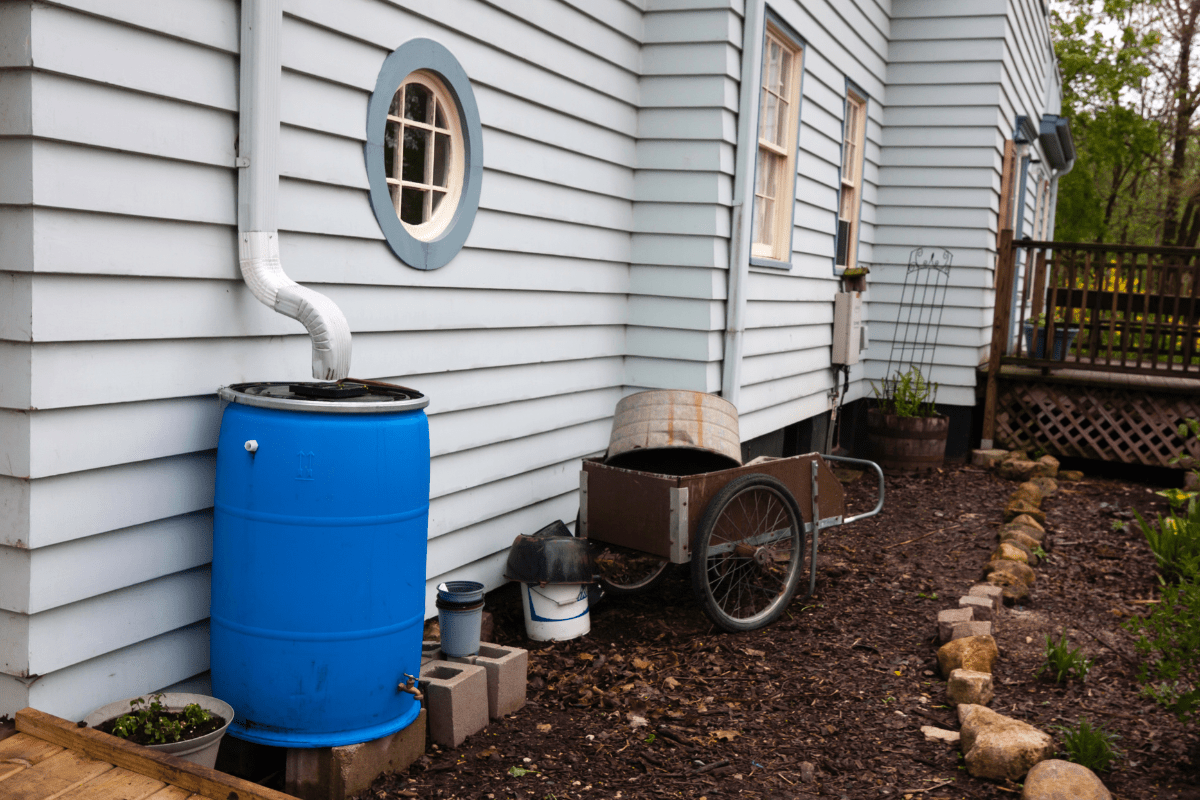
Metal rain barrels, such as those made of aluminum or steel, are more expensive than plastic, but they are also more durable and long-lasting. They are resistant to rust and corrosion, making them a good choice for areas with harsh weather conditions. Metal rain barrels can also be painted or decorated to match the exterior of a home or garden.
Wooden rain barrels are the most expensive and least common type of rain barrel. They are often made from cedar or oak and can be stained or painted to match the surrounding landscape. Wooden rain barrels are also highly durable, but they require more maintenance than plastic or metal. It is important to regularly seal and treat the wood to prevent rotting and deterioration.
In addition to these three main types of rain barrels, there are also specialty rain barrels designed for specific purposes. For example, there are rain barrels with built-in planters, composters, and filtration systems. These types of rain barrels are ideal for homeowners who want to maximize their rainwater collection and use it for multiple purposes.
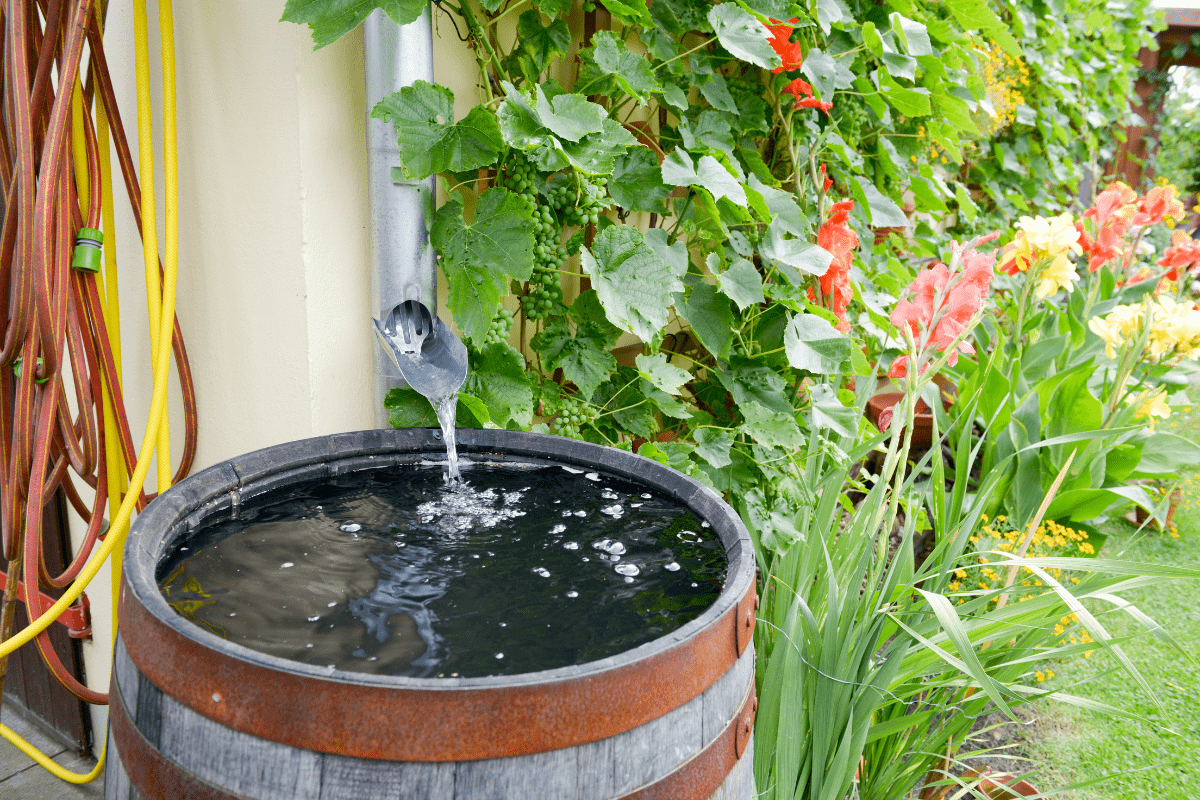
Maintenance
Maintaining a rain barrel is essential to ensure it functions properly and lasts a long time. Here are some tips on how to properly maintain a rain barrel:
- Clean the barrel regularly: Rain barrels can accumulate debris, such as leaves and twigs, which can clog the spigot and the overflow hose. You should clean the barrel regularly to get rid of any debris. Simply use a hose to wash the inside of the barrel.
- Check the spigot: The spigot is the valve that controls the flow of water out of the barrel. Check the spigot regularly to make sure it is not corroded or leaking. If you notice any problems, replace the spigot immediately.
- Inspect the overflow hose: The overflow hose is designed to direct excess water away from the barrel. Check the overflow hose regularly to make sure it is not clogged or damaged. If it is, replace it immediately.
- Position the barrel correctly: Make sure the rain barrel is positioned on a level surface and away from any trees or other structures that could fall on it. Also, make sure it is positioned in an area where the overflow hose can easily direct excess water away from your home.
- Winterize the barrel: In colder climates, it is important to winterize the rain barrel to prevent freezing and damage. To do this, drain the barrel completely and disconnect the spigot. Store the barrel in a dry, protected area.
By following these simple tips, you can ensure that your rain barrel functions properly and lasts a long time. Remember to clean the barrel regularly, check the spigot and overflow hose, position the barrel correctly, and winterize it in colder climates.
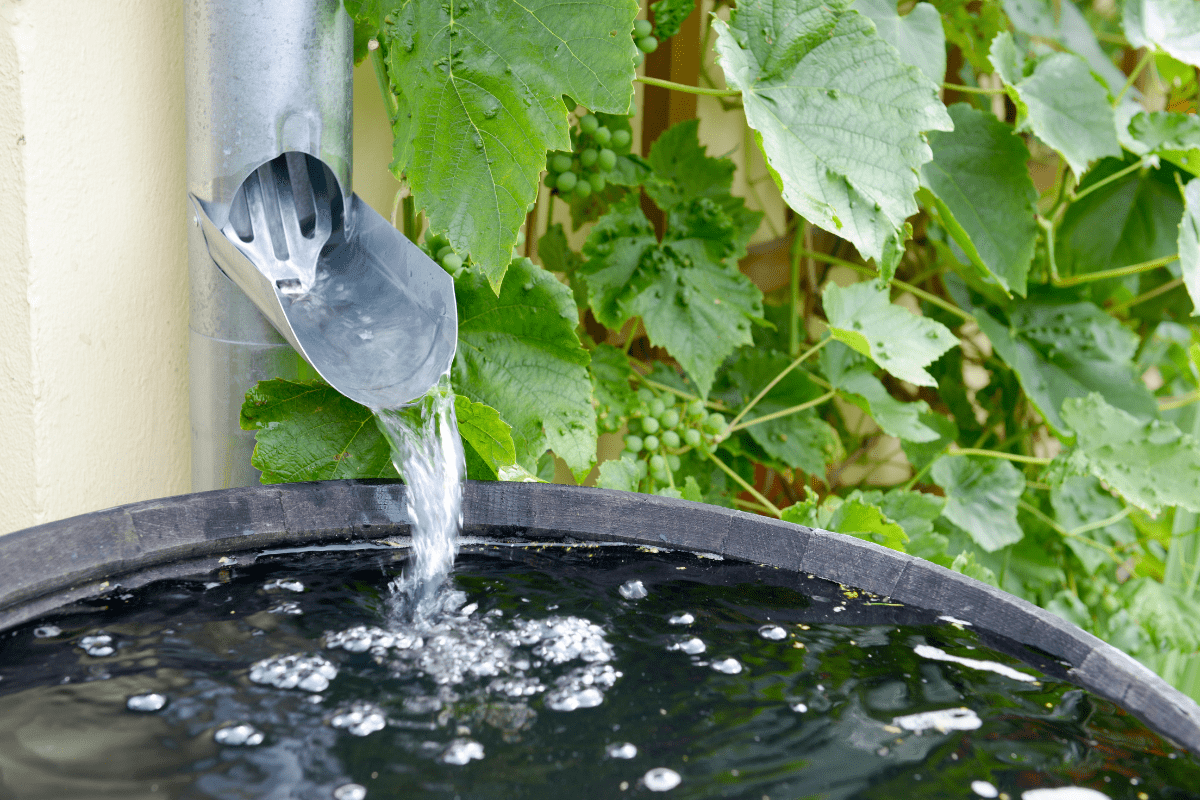
In conclusion, using a rain barrel to water your garden is an excellent choice for many reasons. It can help you save money, conserve water, improve your garden’s health, reduce stormwater runoff, and reduce your carbon footprint. If you are interested in using a rain barrel, there are many options available, and it is a simple and effective way to make a positive impact on the environment.



